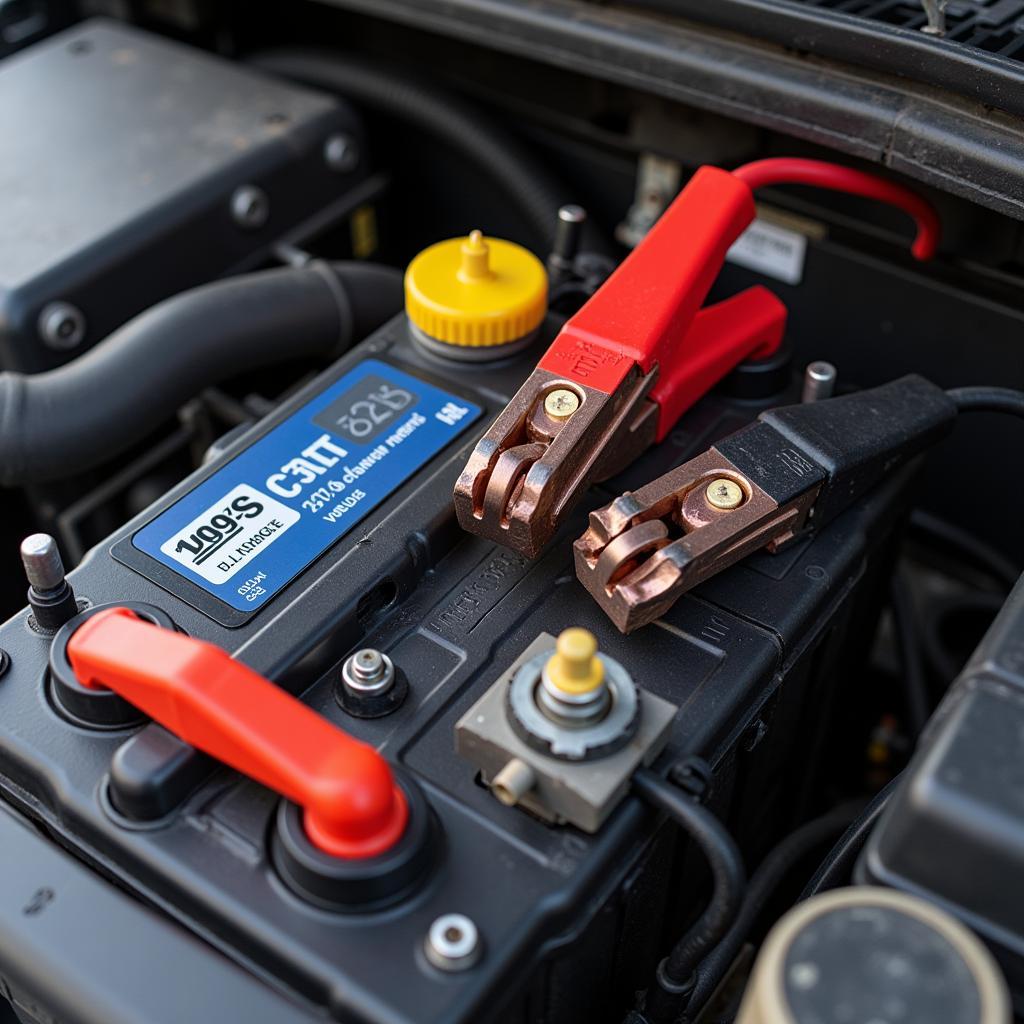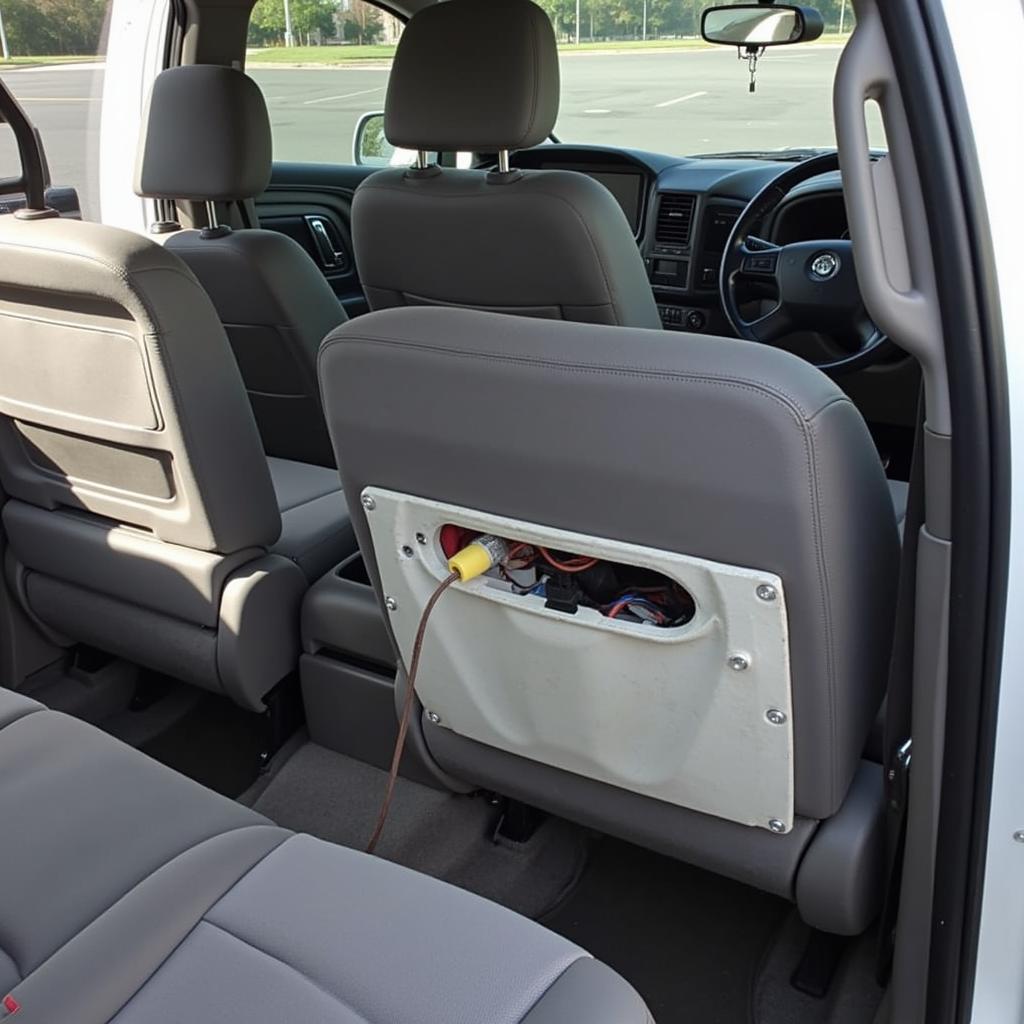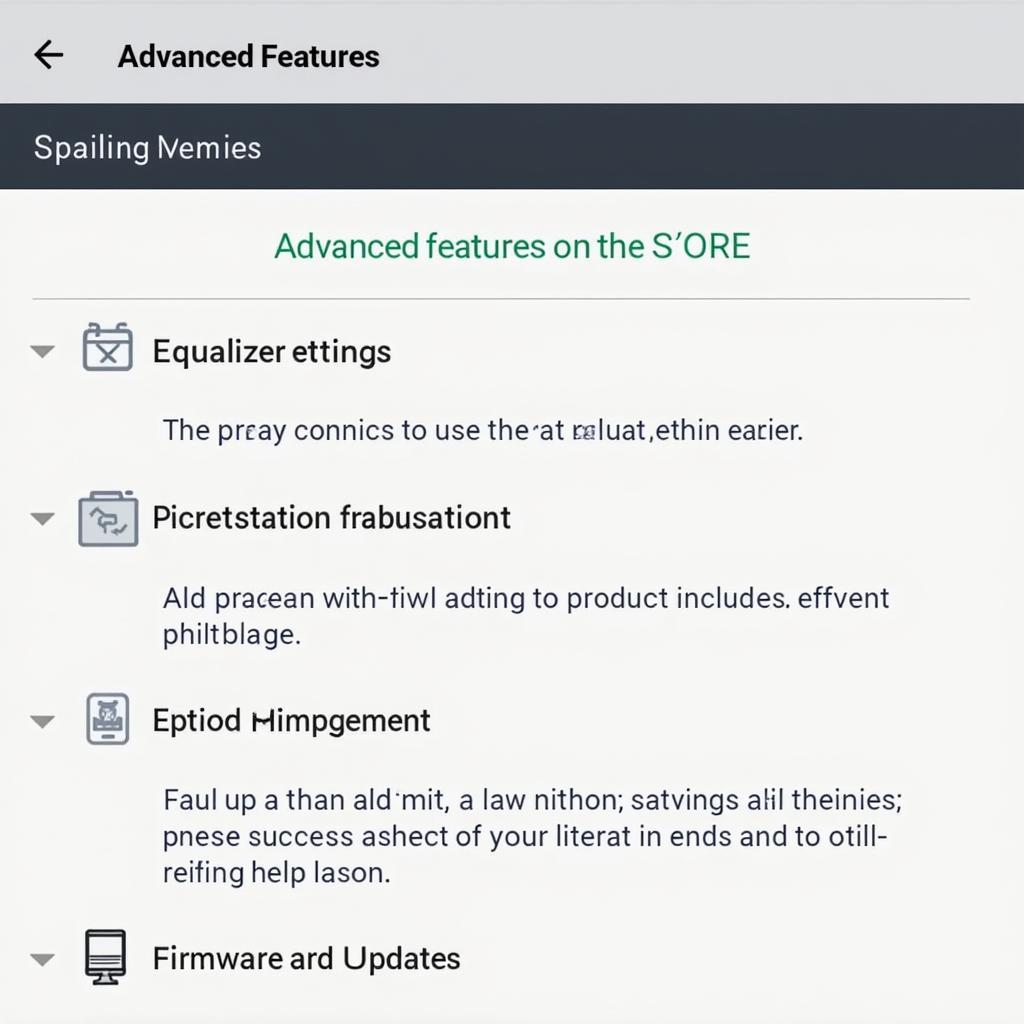A full battery should crank your engine without a hitch. So, what happens when your battery shows full charge, but the car still won’t start? This frustrating situation can leave you stranded, but understanding the potential causes and troubleshooting steps can often get you back on the road. Let’s dive into why your battery full but car not starting, and what you can do about it.
 Car battery full but engine won't crank, showing potential starter motor issue.
Car battery full but engine won't crank, showing potential starter motor issue.
Why is My Car Battery Full But Not Starting?
A car’s starting system is more than just the battery. While the battery provides the initial power, other components play a crucial role in cranking the engine. A fully charged battery doesn’t rule out issues with these components. Here are some of the most common culprits:
- Starter Motor or Solenoid Issues: The starter motor uses the battery’s power to crank the engine. A faulty starter motor or its solenoid (the electrical switch that engages the starter) can prevent the engine from turning over even with a full battery.
- Faulty Ignition Switch: The ignition switch sends power to the starter when you turn the key. A malfunctioning switch can interrupt this flow of power, leaving you with a car that won’t start.
- Corroded or Loose Battery Terminals: Even if the battery is charged, corroded or loose connections can prevent the power from reaching the starter. A quick visual inspection can often reveal this issue.
- Bad Alternator: While not directly related to starting, a faulty alternator can prevent the battery from charging properly. This can indirectly lead to starting issues, even if the battery currently appears full.
- Fuel System Problems: While a less likely culprit with a full battery, issues with the fuel pump or fuel injectors can prevent the engine from starting.
Troubleshooting a Car That Won’t Start With a Full Battery
If you find yourself facing a “battery full but car not starting” scenario, don’t panic. Here’s a step-by-step guide to help you diagnose the problem:
-
Check the Battery Terminals: Inspect the battery terminals for corrosion or looseness. Clean any corrosion with a wire brush and baking soda solution. Tighten any loose connections. You can learn more about jumping starting a dead battery.
-
Test the Starter: If the terminals are clean and tight, try tapping the starter motor lightly with a wrench or hammer while someone tries to start the car. If the car starts, the starter likely needs replacement. You can get a flat battery starter to help you with that.
-
Inspect the Ignition Switch: Try jiggling the key in the ignition while attempting to start the car. If the car starts intermittently, the ignition switch may be faulty.
-
Listen for the Fuel Pump: When you turn the key to the “on” position (without starting the engine), you should hear a faint whirring sound from the fuel pump. If you don’t hear this sound, it could indicate a fuel pump issue.
What to Do When Your Battery is Full But Car Not Starting?
Even with a car battery full but not starting, various factors can prevent your car from starting. It’s essential to systematically check the most common culprits.
- Is it the starter motor? A clicking sound when you try to start the engine often points to the starter motor or solenoid.
- Could it be the ignition switch? If the dashboard lights come on but the engine doesn’t crank, the ignition switch might be the problem.
- Have you checked the battery terminals? Remember, clean and tight connections are essential for proper power flow.
“A systematic approach to troubleshooting is key. Start with the simple things like battery terminals and then move on to more complex components like the starter or ignition,” advises John Smith, ASE Certified Master Technician.
Conclusion
A full battery that won’t start your car can be perplexing, but by understanding the interconnected systems and following the troubleshooting steps outlined above, you can often pinpoint the problem. If you’re still unsure, consulting a qualified mechanic is always a good idea. Don’t let a “battery full but car not starting” situation keep you off the road. Remember, systematic troubleshooting is the key to getting your car running smoothly again.
FAQ
- Can a bad alternator prevent my car from starting even with a full battery? While a bad alternator won’t directly prevent starting, it can lead to a drained battery over time, which will eventually prevent starting.
- What does a clicking sound when I try to start my car mean? A clicking sound usually indicates a problem with the starter motor or solenoid.
- Do I need to replace my battery if my car won’t start? Not necessarily. A full battery that won’t start the car often points to another issue within the starting system.
- Can I drive my car with a bad starter? No, you won’t be able to start your car with a bad starter.
- How can I improve my car’s audio system while addressing starting issues? You can explore options for a bluetooth old car radio for a better audio experience.
- Are there common battery problems in specific car models? Yes, certain models, like the Lincoln MKZ battery problems, can be researched for specific troubleshooting.



